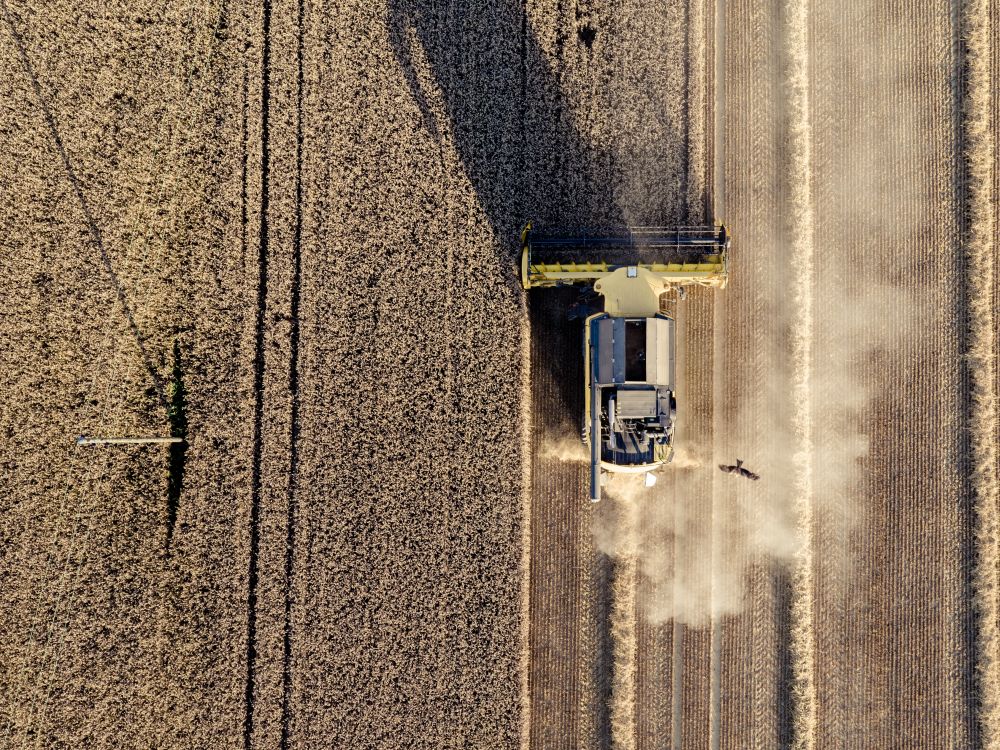CDP: Leading companies operating in global food chain are underestimating key environmental risks
According to a new report published by CDP, leading companies operating in the global food value chain are underestimating key environmental risks and ignoring opportunities for creating a more sustainable food system.

According to a new report published by CDP, leading companies operating in the global food value chain are underestimating key environmental risks and ignoring opportunities for creating a more sustainable food system.
The report analyses the environmental disclosures of 504 companies involved in the production, processing and sale of food products. These include Pepsi, Target and Walmart.
The analysis takes a comprehensive look at the entirety of the value chain of the global food system from producers and purchasers to manufactures and retailers.
It analyses the company’s environmental risks, impacts and future opportunities through the eyes of interlinked issues of climate change, deforestation and water security. The analysis is the first output produced by CDP’s newly launched Sustainable Food Systems Initiative, which aims to shine light on the key role of agriculture and food sectors in the environmental crisis.
The analysis within the report finds that food companies are responding to growing consumers demand for healthy and sustainable products by producing more foods made from plant-based proteins, as opposed to GHG emissions-intensive beef and other meats.
However, the report warns that the companies are not sufficiently building resilience against drought and other risks. The analysis suggests that companies see more opportunity in ‘green’ products than in true resilience-building.
This is a serious misstep in a warming world that sees increasing extreme weather patterns each year, making the act of growing and producing nutritious food harder.
CDP note that there has been a year-on-year increase in food value chain companies setting ambitious decarbonisation targets, with 75 companies committing to or have already set science-based targets, which is 16% of the full sample of companies.
Despite this, the report argues that limiting global warming to 1.5°C won’t be possible without immediate transformation of the global food system, and all parties in the food value chain will be required to move away from business as usual.
This will require a transition to more plant-based diets, increased agricultural productivity whilst protecting and restoring natural ecosystems, increasing the adoption of nature-based solution and by significantly reducing food loss and waste.
Bridget Schrempf, Manager of Sustainable Food Systems at CDP, said: “Food is a critical environmental, social and economic issue that impacts us all. As the demand for food has grown, so has the resulting surge in emissions, loss of natural ecosystems and forests, increasing water scarcity and pollution and declining biodiversity. But a better future is possible.”
“Companies have a remarkable opportunity to build a just, fair and sustainable food system that meets the needs of the world’s population without exceeding our planetary boundaries.”
The report finds that existing market mechanisms are not sufficient to support and incentivise the transformation of the global food sector into a sustainable system and that effective and concrete policy is needed.
CDP say companies can get ahead of potential future disruptions including those caused by infectious diseases and other environmental risks by engaging and incentivising action within their value chains, conducting scenario and risk analyses, setting targets and building resiliency.
Find the full CDP report here.
Last week, at Day 5 of the Sustainable Innovation Forum, HRH The Prince of Wales spoke about the importance of using the recovery to reset out food systems, saying: "A wholesale shift in food and land use systems will be necessary to avert potentially irreversible and catastrophic climate change, soil degradation and biodiversity loss". Click here to watch the call to action on demand for free.






